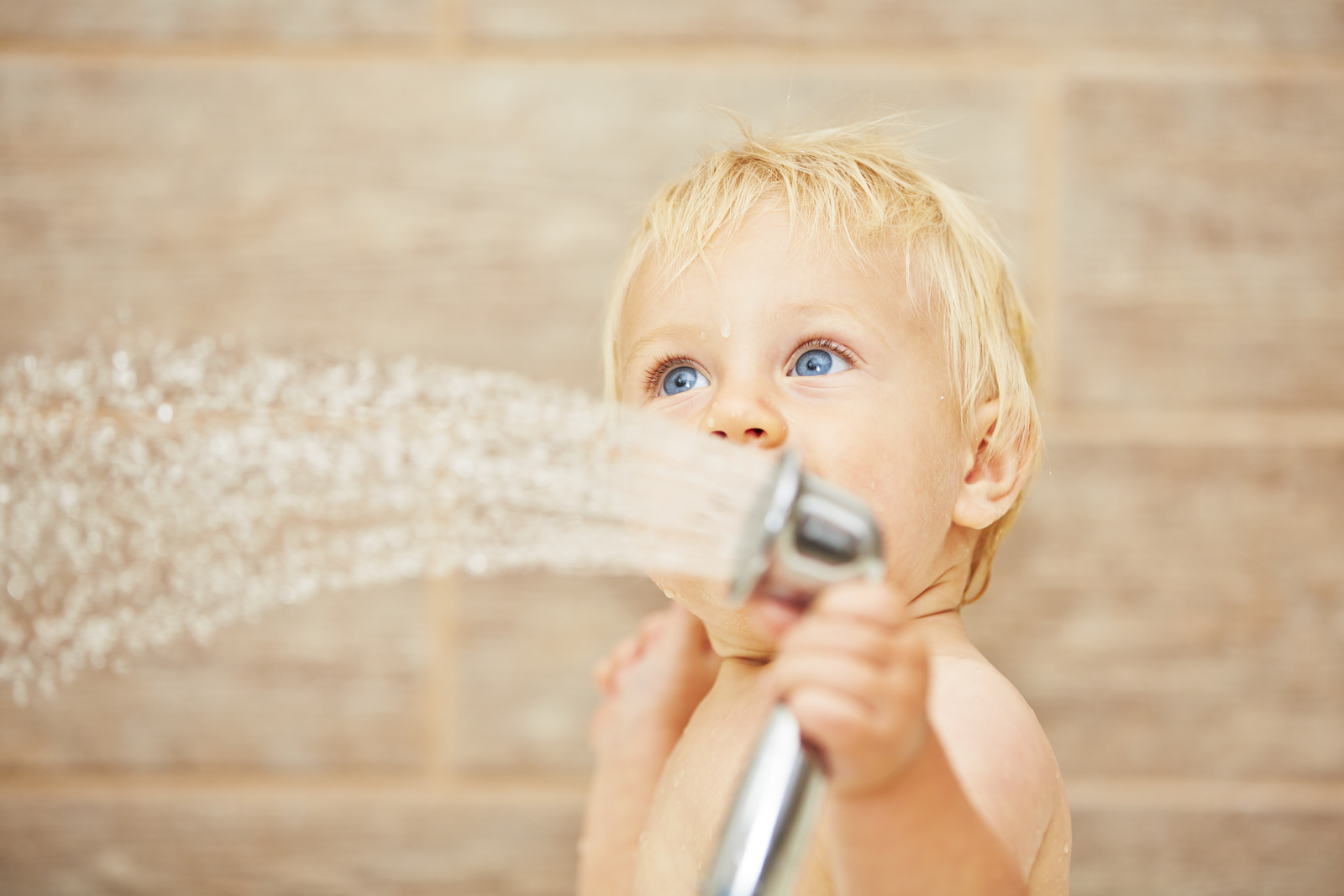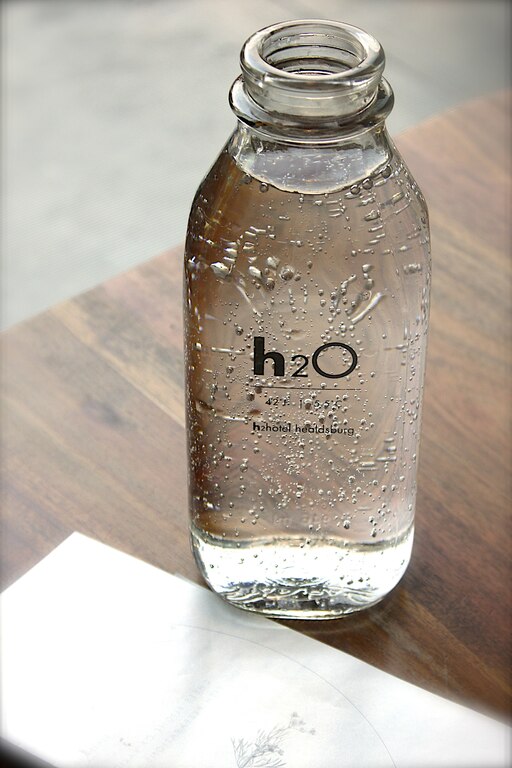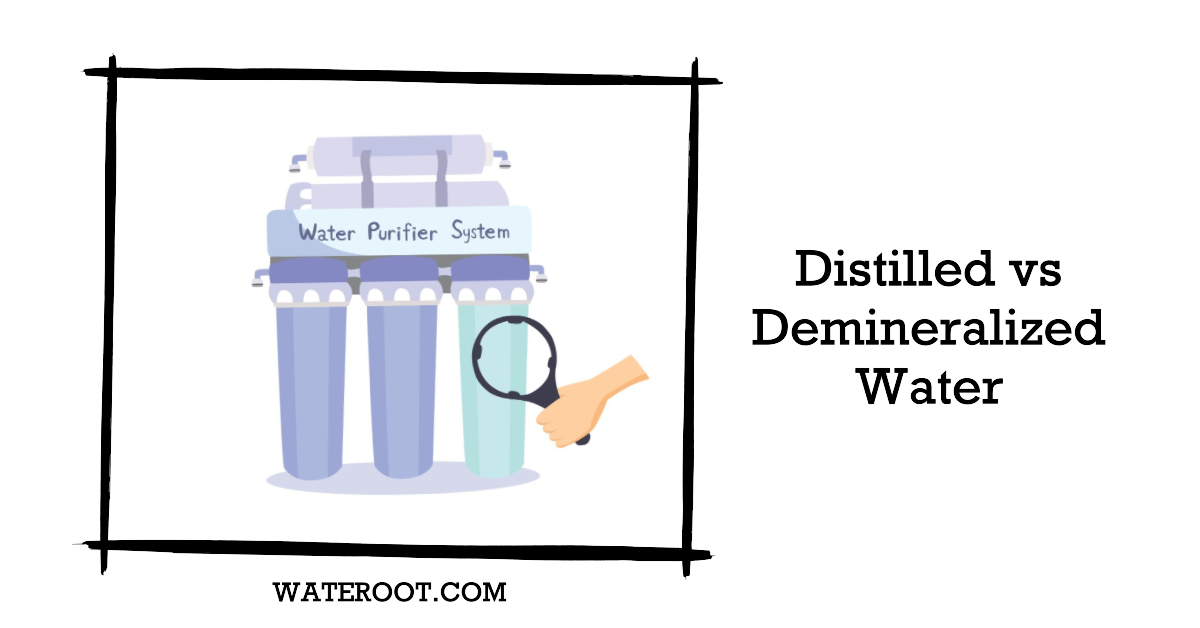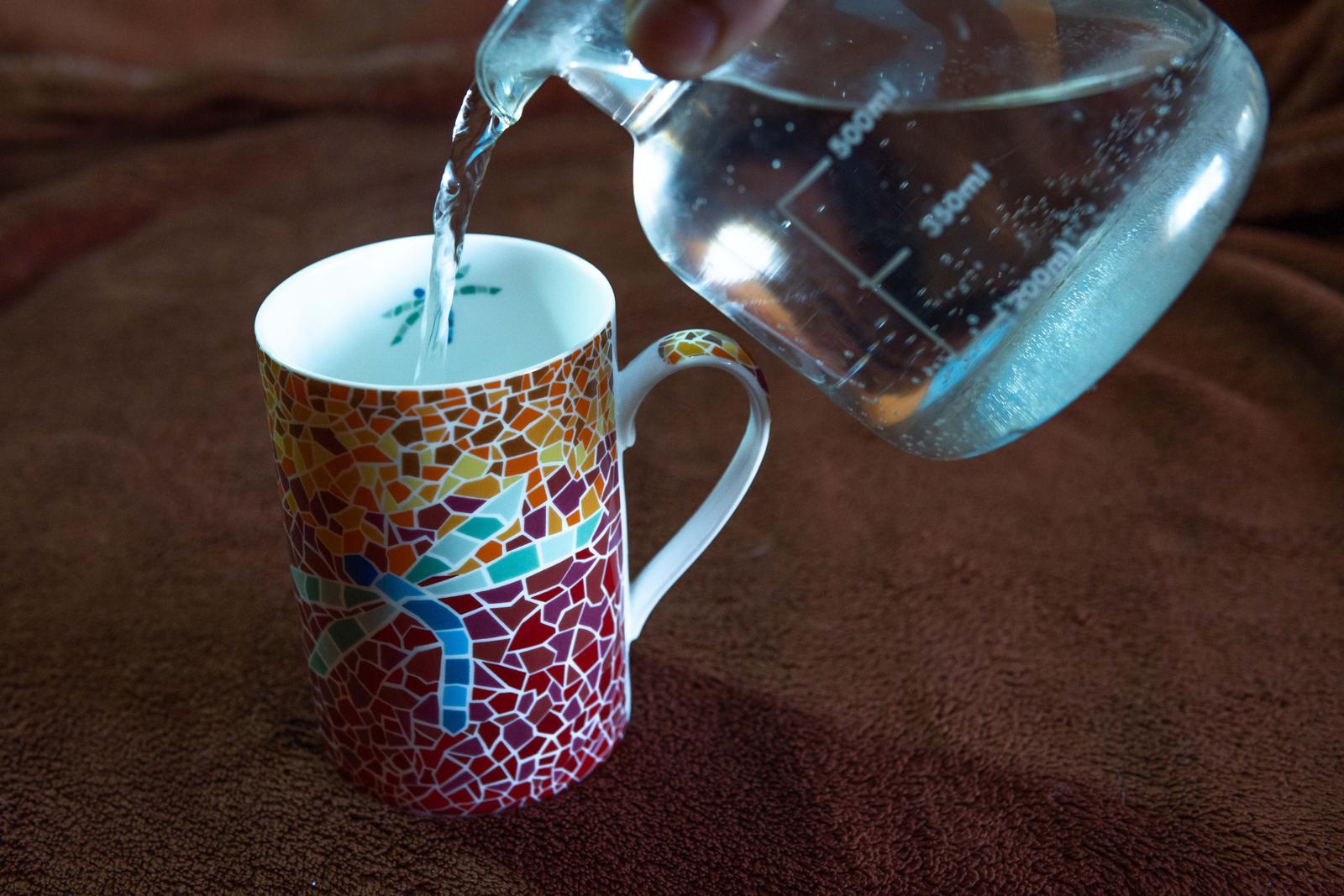Are you wondering if shower water is safe to drink? You’re not alone. Many people are concerned about the safety of their drinking water, especially when it comes to water from the shower.
While it may seem like a tempting source of hydration in an emergency, you should be aware that there are several potential risks associated with drinking shower water.
In this article, we will explore why shower water is often not safe for drinking and what steps can be taken to protect yourself and your family.
Key Takeaways
- Shower water is not safe to drink due to the presence of impurities, bacteria, chemicals, contaminants, and toxins.
- Drinking shower water in old homes with lead pipes can expose individuals to lead poisoning risks, which can have serious health consequences.
- Stained shower heads indicate the presence of hard water, which can cause skin and hair issues and can also lead to illnesses if consumed.
- Water softeners, although making water safe for bathing, can add excessive sodium to the water, making it unsafe for drinking, especially for those on low-sodium diets.
Reasons Why Shower Water Is Bad for Drinking
Drinking shower water can lead to serious illnesses, though it’s unlikely to be fatal. Outdated plumbing and galvanized steel or lead pipes in old homes can leach harmful metals into the water. Waterborne contaminants, such as bacteria from a hot water tank, may also be present in the shower water.
Hard water has been known to cause dry skin, dull hair, and other health issues. Additionally, sodium intake from salt-based water softeners could be hazardous for those on low-sodium diets.
To protect yourself from these potential effects on health, avoid drinking shower water and opt for regular drinking water instead.
Living in an Old Home
Living in an old home can expose household members to lead poisoning risks due to corroded pipes. Lead exposure can cause hearing problems, respiratory issues, hindered growth, and a lower IQ in children. Adults exposed to lead may experience increased blood pressure.
Installing lead filters for faucets or replacing lead pipes with copper pipes is recommended to reduce health hazards associated with water quality concerns. Additionally, regular maintenance of plumbing systems should be conducted to ensure water safety and avoid any potential issues that arise from outdated fixtures.
It is best to avoid drinking shower water from old homes and opt for bottled or filtered tap water instead.
Stained Shower Heads
Stained shower heads can indicate the presence of hard water, which can cause dry skin and health issues. It’s important to keep up with regular shower head maintenance in order to avoid these effects.
Installing a shower filter is an effective way to block chlorine, dirt, pesticides, and other chemicals from entering the water. Benefits of using these filters include skin rejuvenation and promoting healthy hair and nails.
An alternative to drinking shower water is tap water, as it provides safe drinking options without risks associated with lead exposure found in old homes.
To ensure safety for yourself and your family, invest in a quality filtration system or opt for filtered or softened shower water that has fewer minerals and contaminants than unfiltered water.
Using Water Softeners
Using water softeners can exchange calcium and magnesium ions for softer sodium ions. However, the high level of sodium may make it unsafe to consume.
Water softeners offer many benefits. These include improved skin and hair health, reduced environmental impact due to lower soap use, and better cleaning performance.
However, drinking shower water from salt-based water softeners can lead to health risks associated with excessive sodium intake.
Alternatives to salt-based water softeners include using hard water filters that remove contaminants without adding extra sodium. Another option is to opt for tap or filtered bottled drinking water instead.
It is important to understand the implications of using a salt-based water softener before making any decisions about drinking shower water.
Using Water Heaters
While it may seem tempting, it’s best to avoid consuming hot/warm water from your home’s water heater.
Maintenance tips to ensure safety include:
1) Regularly inspect the tank for any cracks or leaks;
2) Address any water flow or blockage issues; and
3) Replace outdated plumbing with copper pipes if necessary.
Health risks are serious, as contaminated water can cause nausea, diarrhea, and respiratory diseases. Water heaters with sediment buildup can affect the taste, odor, and safety of hot water. Corroded sediment in water heaters can be dangerous if ingested.
To protect yourself from these health hazards, provide proper maintenance and inspection for your shower heads as well as your water heater tank. This helps you combat any potential plumbing concerns and minimize contamination of the shower water.
Transitioning into the next section about sources of shower water is essential in understanding how to keep yourself safe from harm when using shower facilities.
Sources of Shower Water
You may not realize it, but the water in your shower is likely coming from the same water supply as other fixtures in your home. It can come from a regulated public water system or a non-public source like a well or rainwater collection tank.
Urban areas are usually connected to public systems while rural areas rely on wells which may not be held to EPA standards and could lead to contamination risks.
Regular maintenance of plumbing fixtures and storage tanks is important for avoiding sediment buildup, corrosion, and leaks that can allow contaminants into the water.
Installing a whole-house filtration system can help ensure safe drinking water for everyone in the home.
In emergency scenarios, drinking shower water is acceptable but bottled or boiled water should be preferred whenever possible.
Reasons Shower Water Isn’t Safe to Drink
Even with proper maintenance, the outdated plumbing in your home can still lead to potential water quality and safety concerns. The potential dangers of shower water include corrosion from galvanized steel or lead pipes, buildup of sediment in pipes, and contamination from cracks or leaks in storage tanks.
These issues can cause health risks when drinking shower water. Alternatives to drinking shower water are bottled water or boiling it for safe consumption.
Installing a whole-house filtration system is important for reducing contaminants and providing clean, safe drinking water.
Contaminated shower water can also negatively impact skin and hair health, so the importance of filtered or softened shower water should not be overlooked.
Drinking Filtered or Softened Shower Water
Filtering or softening shower water can reduce minerals and contaminants, making it less hazardous for consumption. However, it’s still not recommended to drink shower water due to limited filtration levels.
Softeners can help remove harmful chemicals but not enough to make shower water safe for drinking. Even with a good showerhead for hard water, the shower head itself may carry bacteria that contaminate the water.
Drinking filtered or softened shower water is not recommended as there are other alternatives that provide greater health benefits than consuming contaminated shower water.
It is important to be aware of the risks before drinking any type of unfiltered or untreated bathroom tapwater and find suitable alternatives like bottled or boiled drinking waters instead.
Frequently Asked Questions
Is It Safe to Drink Shower Water From a Newer Home?
No, it is not safe to drink shower water from a newer home without first testing its water quality. Health risks may still exist from contaminants and bacteria, even with chlorination systems or water purification methods in place. To ensure safety for yourself and others, it is best to test the water before drinking.
Are There Any Health Benefits to Drinking Shower Water?
Drinking shower water can have some nutritional benefits, but it is important to test for chemical contamination and bacteria. Be sure to use a reliable water purification system to reduce chlorine levels, so you can serve others with safe drinking water.
How Often Should Shower Heads and Water Heaters Be Inspected and Maintained?
Inspect and maintain shower heads and water heaters regularly to ensure safe drinking water. Test for lead, chlorine levels, and bacteria in your water supply. Taking these steps will help prevent health risks associated with contaminated water.
Is There a Way to Ensure Shower Water Is Safe to Drink in an Emergency?
In an emergency, testing shower water for chlorine levels and other contaminants can help ensure its safety. Regular plumbing inspection and water treatment can also help maintain safe drinking water for those in need.
What Are the Different Types of Water Filtration Systems Available?
Discover the various water filtration systems available, from reverse osmosis to ultraviolet filtration, whole house to point of use, and even sediment filters! Let’s explore how these can help provide safe shower water for all.
Conclusion : Is shower water safe to drink ?
Overall, it’s best to avoid drinking shower water. Even with a filtration system or softened water, there is still a risk of contamination from bacteria, lead, and other contaminants.
It’s almost impossible to guarantee the safety of your shower water, so it’s better to err on the side of caution and stick to bottled or boiled water instead – even in an emergency situation.
In short, drinking shower water can be as dangerous as playing with fire – definitely not worth the risk!



